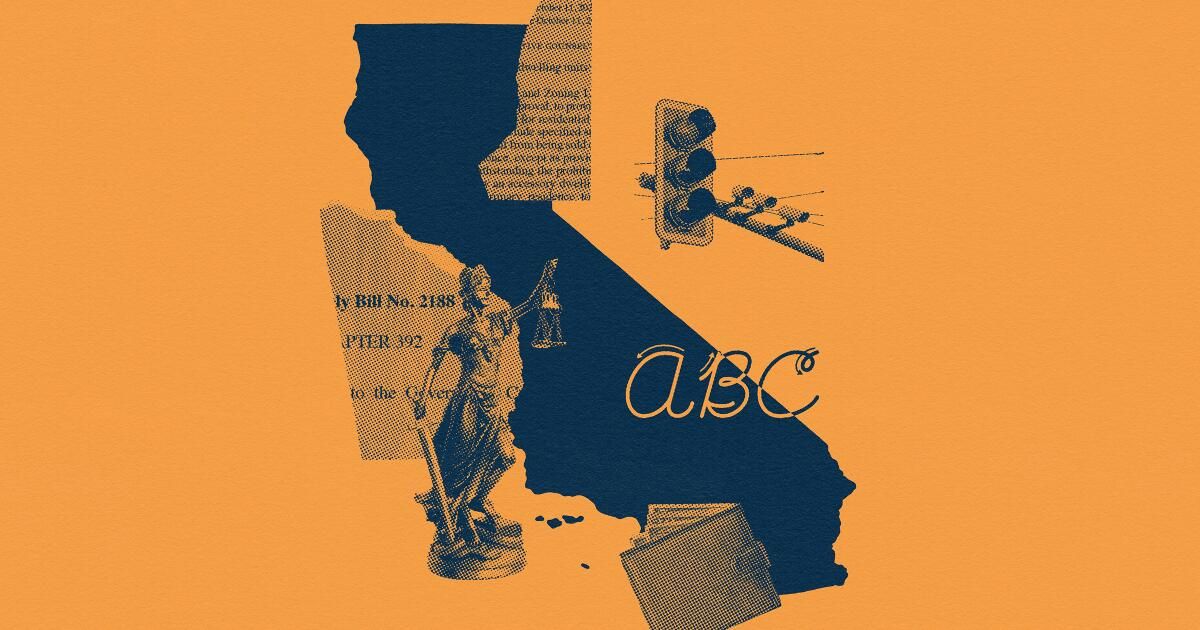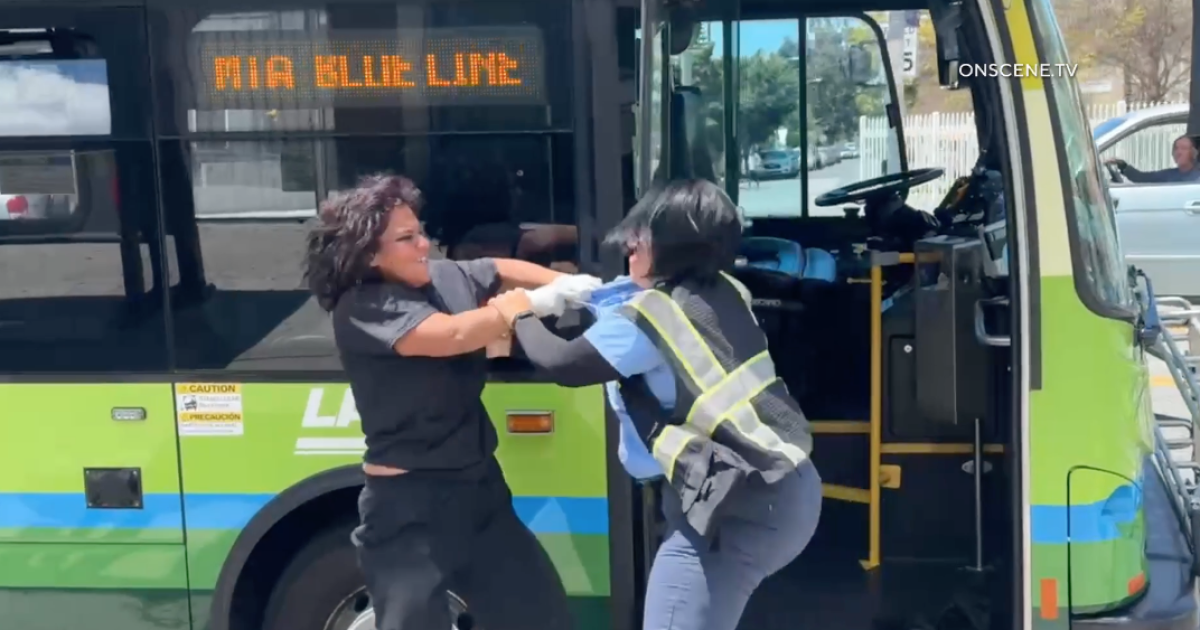It’s January again, which means hundreds of new laws go into effect in California.
Many of them are unlikely to make much of a difference in your life. California now has a official state bat (the pale bat) thanks to a new law and a official state mushroom (the golden chanterelle) thanks to another.
But other laws could have a greater impact. Here are some ways it could affect you at home, work, school, and on the road. These laws will go into effect on January 1 unless otherwise noted.
At home
You can sell an ADU as a condo: Assembly Bill 1033 allows Californians to buy and sell accessory dwelling units, also known as granny flats, as condominiums. That means owners can build an ADU on your land and sell it separately, following the same rules that apply to condominiums. The goal is to give more people the opportunity to own their own home in a state with a severe housing shortage.
YoIt will be more difficult to find garden tools that run on gasoline: Assembly Bill 1346approved in 2021, requires phase out the sale of small gasoline engines – including those from leaf blowers, lawn mowers, weed trimmers and chain saws – starting in 2024. These engines generate as much smog-causing pollution in California as light passenger cars, according to state air regulators. Phasing out such equipment — by requiring 2024 model years and later to run on electricity or other clean energy — is part of the state’s plan to transition to a carbon-free economy. People can still use the gas-powered tools they already have and buy used gas-powered tools.
You could pay a smaller security deposit: Assembly Bill 12 limits the amount owners can security deposit fee to no more than one month’s rent, starting July 1. Previously, landlords could collect two months’ rent as a security deposit, but that made it difficult for many people in high-rent cities to find affordable housing.
At work
You can get a raise: California’s minimum wage increases 50 cents to $16 per hour on January 1. (Several cities, including Los Angeles, have a higher minimum wage than the state, and many of them will also increase on January 1. This list shows how much.) Fast food workers across the state will see their Wages increase to $20 an hour. starting April 1 under Assembly Bill 1228. Workers in large hospitals and healthcare facilities will get a increase in minimum wage to 23 dollars one hour on June 1 under Senate Bill 525.
You may receive more paid sick days: Workers will have at least five days of sickness low Senate Bill 616, an increase from the previous minimum of three paid sick days. Unions lobbied hard for the increase, which large employers opposed citing the increased cost. Some cities already require more paid sick time, including Los Angeles, where employers must provide at least six days of paid sick leave.
You can take time off for a miscarriage: Companies with at least five employees will have to allow workers to take at least five days off to grieve a “reproductive loss” according to Senate Bill 848. This includes a miscarriage, stillbirth, failed adoption, failed surrogacy, or failed assisted reproduction, such as in vitro fertilization or intrauterine insemination. Workers can take up to 20 days off per year for reproductive bereavement leave. Both parents are eligible.
Your boss cannot ask you if you have used marijuana: Employers may not ask workers or job applicants about their prior cannabis use under Senate Bill 700, and any information they can obtain about marijuana use from an applicant’s criminal record cannot be used to discriminate against them. Low Assembly Bill 2188employers Workers cannot be discriminated against for using cannabis. while off duty and away from work. Employers can still prohibit workers from being high on the job, and the law does not apply to federal contractors or construction companies.
At school
Children will have to learn cursive: Assembly Bill 446 requires that handwriting instruction in elementary schools include cursive, a skill that has fallen out of favor among a generation that grew up typing on cell phones and laptops. Educators who supported passage of the law argued that handwriting helps children learn to read, spell, and develop their vocabulary in a way that typing does not.
Students will learn to detect fake news: Assembly Bill 873 requires public school students take media literacy courses Learn to identify fake news and distinguish legitimate news articles from paid Internet advertising. The lessons, a response to young people’s widespread use of social media, will be incorporated into English language arts, math, science, history and social studies curricula.
On the road
Drivers face a new way to get arrested for speeding: The cities of Los Angeles, San Jose, Oakland, Glendale, Long Beach and San Francisco will be allowed to install radars near schools, streets with many car accidents, and areas known for street racing. Low Assembly Bill 645Drivers can be fined $50 for going 11 to 15 mph over the speed limit, and charges can increase to $500 for going over 100 mph.
Police will give a reason for traffic stops: Police officers will have to tell drivers why they have been stopped before questioning them about any topic under Assembly Bill 2773. The law is intended to Reduce the police practice of making “pretextual arrests.” in which officers use a minor infraction as a basis to stop someone and investigate other potential crimes.












